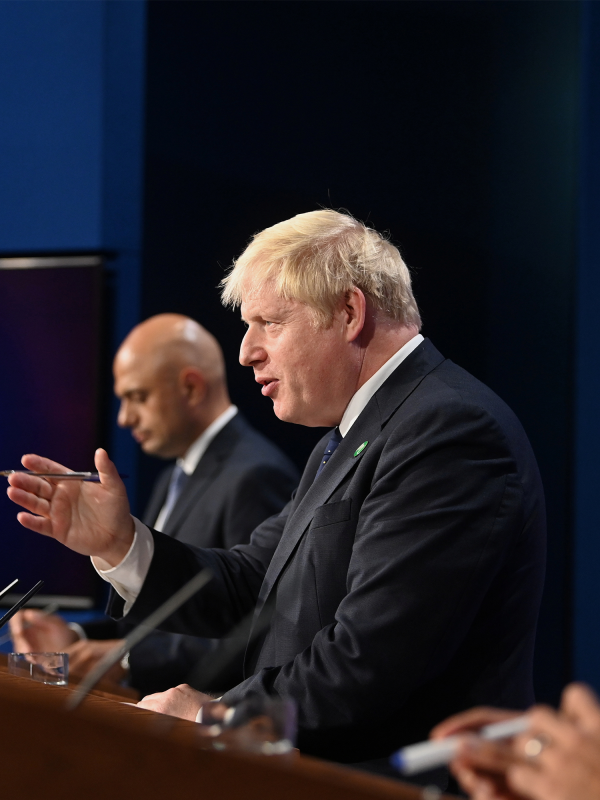
“We will fix the crisis in social care once and for all with a clear plan we have prepared.”
So said Boris Johnson on the steps of Downing St in July 2019 immediately following his appointment as Prime Minister.
Two years and one pandemic later, we now finally have sight of that plan and, critically, how it is going to be paid for.
We also see laid bare in front of us the massive impact the Covid-19 crisis has had on the NHS capacity, or lack thereof, to treat millions of people across the country currently awaiting much needed treatment.
We look at what exactly the Prime Minister’s announced yesterday afternoon on reform to the social care sector and to tackle the NHS backlog in England.
Alongside looking at the specific proposals set out, we also hear from Engine MHP Senior Adviser and former Health Minister Paul Burstow who analyses what this means for both the health and social care systems and how Westminster has reacted to the announcement.
Social Care
NHS catch up
Tax rises

MHP Mischief Senior Adviser and former Social Care Minister
The social care ‘plans’ outlined by the PM today kick the can down the road once again. Extra funding will be directed towards the NHS while social care is left in a precarious state. The decision to introduce in 2023 a cap on care costs along with a more generous capital floor were both recommended in the Dilnot Report in 2011. Welcome though they are they do not add up to the comprehensive reform that is needed. The legislation is already in place so why the delay?
In recent years demand for social care has risen dramatically whilst access is increasingly rationed. This is not just about an ageing population, over half of local council social care spending goes on supporting working age people, especially those with learning disabilities.
The PM said that you can’t fix the NHS without fixing social care. True. But today’s announcement fails that test, it does not fix social care. The majority of the monies raised will go to the NHS and yet underinvesting in social care, especially the types of help that keep people independent and in the community simply stores up costs for the NHS.
Pooling the risk of catastrophic care costs – the cap – does not inject a single extra penny into the day to day budgets of social care services. The PM has promised an extra £5.4 billion over the next three year for social care, but this falls far short of all the independent assessments of the funding gap.
There is an urgent need for a long term plan for social care which increases access and improves the quality and peoples experience of care. That means addressing the sector’s chronic workforce pressures which have seen staff turnover rates over 30%.
Social care yet again finds itself the bridesmaid but never the bride. A promise of reform in three years time. But a failure to grasp the once in a generation opportunity to deliver real change in the quality of life of millions of our fellow citizens who don’t have a house to sell to pay for their care.